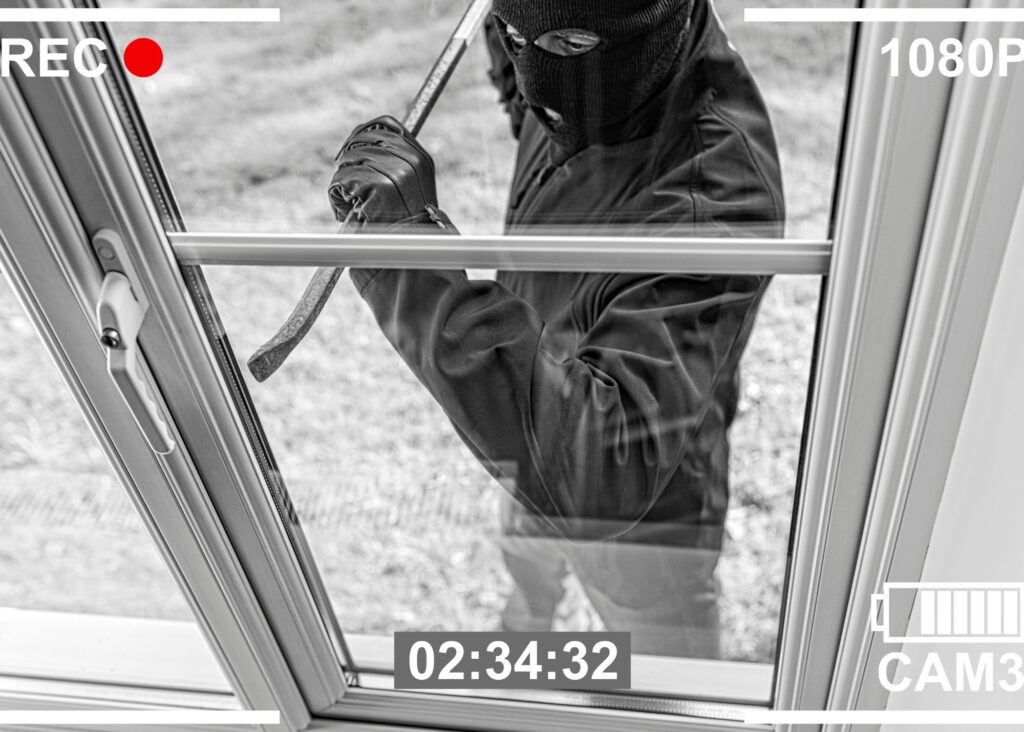In today’s article of Abogados Cabo we will talk about the difference between Robbery and Theft. When we talk about robbery and theft in Mexico, the first thing we imagine is a wrongdoer taking a person’s precious property, so most may think that the intention that accompanies both terms is the same, “to deprive another of property” and that there is no major difference.
But in Latin America there is a distinction between these two terms in the legal aspect. Robbery implies the use of violence and intimidation, but in the case of theft these elements do not exist.
In Mexico there is a particularity in the way the Federal Criminal Code treats these two forms of theft. If you are interested in knowing how they are legally treated, we recommend you to continue reading the following lines.
How does the Federal Criminal Code define robbery and theft in Mexico?
The Federal Criminal Code, including the Criminal Code for the Federal District in Mexico, offers only one denomination and that is “Robbery”. Under this term it is conceptualized as all the assumptions or situations that may arise from the seizure of a good or thing belonging to another, whether movable or immovable, with or without violence.

In the laws of other countries a distinction is still made between both terms depending on the nature of the theft, but in our case, robbery and theft in Mexico are treated in the same manner, although we will see that there are differences in the penalties according to the facts.
Article 379 of the Federal Criminal Code (CPF) makes an additional distinction exempting from penalty or punishment the person who, in order to satisfy his basic and family needs and without the use of violence, takes possession of property.
This makes it very clear that if the intention that moved the person was necessity, it will not be necessary to seek forgiveness and the Public Prosecutor’s Office will desist from any criminal action.
Then, why in the past was it necessary to make this differentiation between robbery and theft, if the intention of the offender was the same and the Law treats it the same?
In the past, the difference between the two terms should have been clear at the time of taking out an insurance policy, because in the contract more emphasis was placed on covering claims for theft than for burglary.
But now insurers must be clear about the articles of the Federal Criminal Code because with or without violence the action is the same “a robbery”.
Are there different penalties depending on the type of theft?
Absolutely Yes, in fact there is a Chapter of the Federal Penal Code (CPF) that makes this distinction when it has been committed against the Patrimony of the affected person.

Article 368 of the CPF considers and punishes as robbery in the following situations:
- Seizure or intentional destruction of a good.
- Use or exploitation of services of another person such as: electric, magnetic, electromagnetic energy, among others, without the owner’s consent.
- In the case of the sale of stolen objects, when the value of these goods is greater than 500 minimum wages, the thief will have a prison sentence of six to thirteen years and a fine of one hundred to one thousand days.
- Whoever steals specialized material such as: radioactive, nuclear, fuel, mineral or any other whose source is radioactive, shall be sentenced to 12 to 20 years imprisonment and a fine of twelve thousand to twenty thousand days.
Penalties according to the amount of stolen property.
Article 370 of the Federal Police Law LPF specifies the penalties according to the value of the stolen goods, some of which are listed below:
- If the value of the stolen goods was up to 100 times the minimum wage, two years imprisonment and fine up to 100 wages.
- When the value of the stolen goods is between 100 and 500 times the minimum wage, 2 to 4 years imprisonment and a fine of 100 to 180 times the minimum wage.
- When the value of the goods exceeds 500 minimum wages, 4 to 10 years imprisonment and a fine of 180 to 500 minimum wages.
- In the event that the value of the stolen goods cannot be estimated, Article 371 states that the penalty will be imprisonment from 3 days to 5 years.
Likewise, the law establishes that if two or more persons have been robbed and violence has been used against those affected, the penalty will be from 5 to 15 years of imprisonment and a fine of up to one thousand days.
It is clear that although the law does not differentiate between robbery and theft, it does consider violence as an aggravating factor, since it imposes longer sentences, such as from 6 months to 5 years of imprisonment, according to article 372.
Types of violence.

What types of violence are we talking about?
The law makes a distinction between two types of violence: violence that causes physical harm and violence that causes moral harm. It should be noted that violence is not only applicable to the person but also to that person’s property. This applies, for example, when doors or windows are broken to gain access to the property to be stolen, and in the case of moral damages, they are exclusive to the person and occur when the thief intimidates, threatens and assaults the affected person with words.
What would be the treatment if the thief returns the property?
Article 380 of the LPF identifies a penalty of 1 to 6 months imprisonment or 30 to 90 days fine if the person confesses that he/she took the property temporarily and did not intend to sell it. Another fact is that the Law requires that the affected person be paid double rent or interest for the property temporarily taken.
As you can see, robbery and theft in Mexico differs from the concession and legal treatment that may be given in other countries. The information we have provided is a part of the extensive range of penalties and offenses depending on the stolen property or the value of the stolen property.
Do you need to hire an experienced theft and burglary lawyer?
Are you in Baja California Sur, Mexico? Todos Santos, Los Cabos, La Paz, Loreto, San Jose Del Cabo, Los Cabos, El Pescadero? Are you in Nuevo Leon, Mexico? Apodaca, Cadereyta Jiménez, El Carmen, García, San Pedro Garza García, General Escobedo, Guadalupe, Juárez, Monterrey, Salinas Victoria, San Nicolás de los Garza, Santa Catarina and Santiago…
At Cabo Lawyers we seek to satisfy the different legal needs of our clients, both in their business and personal matters. Contact us at: (+52)8119384461, where we will gladly advise you.
